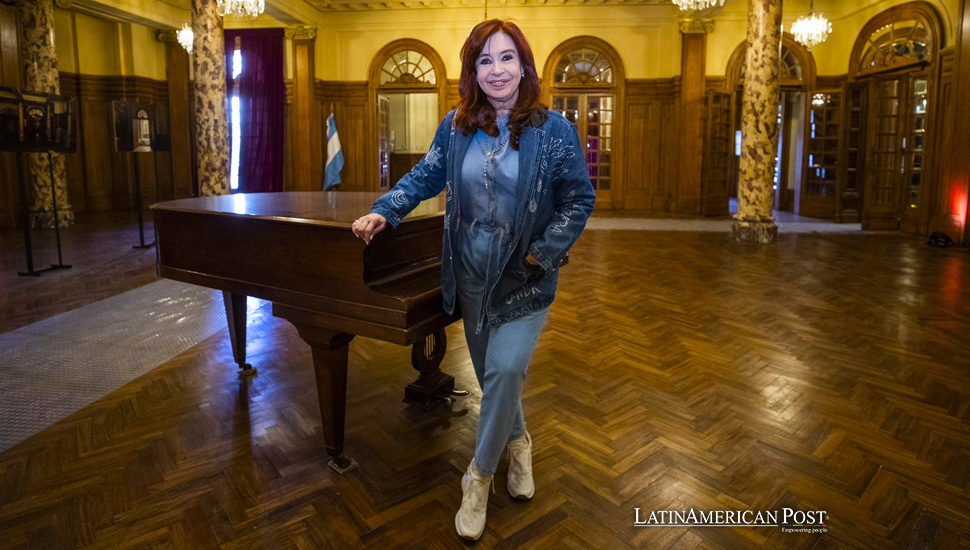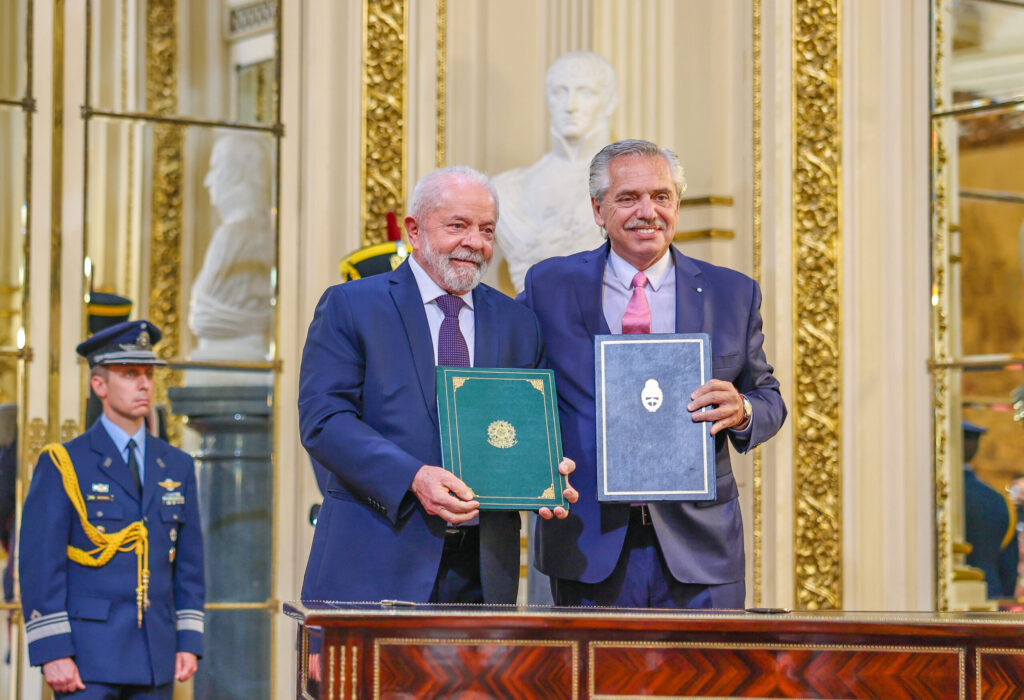

/cloudfront-eu-central-1.images.arcpublishing.com/prisa/2CJOOEH5PFYXEDF6GP7LGMFWIU.jpg)




Argentina is currently grappling with a complex economic landscape characterized by stagnant growth, soaring inflation, and a high poverty rate. Recent reports indicate that over half of the population lives in deep poverty, while the country's GDP has stagnated and inflation has surged past 142%. The minimum wage fails to meet basic household expenses, and the foreign exchange market remains unstable, compounded by a staggering $44 billion debt to the IMF. These economic challenges are central to the discourse surrounding the upcoming presidential election, with candidates proposing differing strategies for reform.
The two main presidential candidates are presenting contrasting approaches to tackle Argentina's economic woes. One candidate advocates for significant cuts to public spending, while the other proposes a more cautious reform strategy. As voters prepare for the election, they are keenly aware of the need for effective solutions to the country's economic crisis. Analysts have noted that the Buenos Aires Stock Exchange remains vulnerable to government intervention, further complicating the investment landscape in Argentina.
In the midst of these challenges, Javier Milei, a prominent political figure, has attracted attention from libertarian investors with his radical economic policies. However, governance issues persist, raising concerns about the sustainability of his proposals. The Argentine peso continues to depreciate, and the country has faced recent downgrades from credit rating agencies, with S&P Global Ratings assigning a 'CCC-' rating in 2024 and Fitch Ratings affirming a 'CC' rating. These downgrades reflect the ongoing economic instability and the challenges of attracting foreign investment.
Despite the economic turmoil, notable figures like Elon Musk are exploring investment opportunities in Argentina, albeit with a degree of skepticism. The average home price-to-earnings ratio in Buenos Aires has exceeded 25:1, indicating an overvalued housing market that poses challenges for local residents. Additionally, Argentina is experiencing a demographic crisis marked by falling birth rates and increased emigration, which could have long-term implications for the economy.
Cristina Fernández, the former president and current vice president, has attempted to distance herself from the economic fallout, attributing blame to her successors. However, her administration's policies, which included heavy state intervention and protectionism, have been criticized for contributing to the fiscal imbalances and inflationary pressures that plague the country today. As Argentina approaches the presidential election, the candidates' proposed plans and their ability to implement them will be scrutinized closely by a populace eager for change.
In summary, Argentina's economic landscape remains precarious, with high inflation, significant poverty, and a challenging investment environment. The upcoming election will be pivotal in determining the direction of the country's economic policies and its potential for recovery. [b5b7df41] [101a4787] [ef0787c2] [5b43ffe6] [ad25b9cc] [4965cca2] [06dcfd6a]